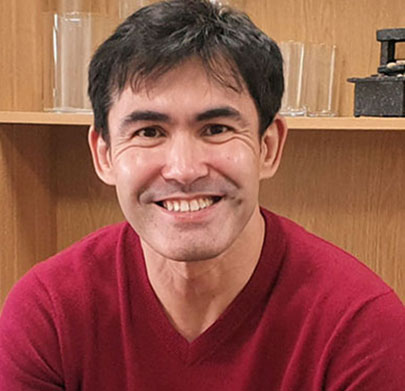
Do you remember the last time you woke up from a good night’s sleep feeling refreshed and full of energy? Or the last time you didn’t rely on that morning cup of coffee to energise you for the day?
If not, you are not alone, in fact, most adults fall short of the recommended 7-9 hours of sleep a night and many suffer with varying sleep problems such as insomnia, night-time or early morning waking, and/or problems with nightmares.
If you are having sleep problems or trouble sleeping, Dr Stuart Sadler (Chartered Clinical Psychologist) at our sleep clinic in Newcastle has some handy tips getting a better night’s sleep.
1. Set Up a Strict Routine
Allocate a specific frame for sleeping that is at least 7-8 hours long, such as from 10 or 11pm to 6am and keep this as allocated bedtime.
If you have a bad night’s sleep or summer from insomnia, avoid sleeping in past your specified wake time, as this will only make it harder the get to sleep the following night. Our body and sleep pattern work best when provided with routine, so try to keep to this. Practice going to bed and rising at the same time over for a few weeks and it will soon become a routine.
2. Relax and Unwind
Having a bedtime routine is just as important as going to bed at the right time and can help set you up for a restful evening of sleep. Our sleep clinic in Newcastle recommends doing something relaxing such as reading, doing breathing exercises or even gentle stretching or yoga to help destress.
3. Create the Right Setting
Make sure you always sleep in a dark, quiet and familiar room that is neither too hot, nor too cold.
Experts say you should use the room you sleep in only for sleeping and not watching TV, reading, and especially not working (if possible) as this can mess up sleep cues that you’ve formed.
4. Exercise & Eat Well
Looking after your health overall can have a huge impact on the quality of sleep. By eating healthy, wholesome foods and exercising regularly your hormones will fall into a better balance that promotes a full night of restful sleep, but don’t exercise or eat too close to bedtime.
5. Speak to an Expert
If you’ve tried all of these things and maybe even other techniques but need to improve your sleep further, speak to an expert at our sleep clinic in Newcastle, who can advise other methods, techniques and therapies that can help you.
Contact us for Further Help
If you are having trouble with insomnia, nightmares or waking up during the night or too early, we have a team of specialist therapists that are trained to help with a variety of sleep related problems. Contact us using the box below or call us on 07966 645198.

Best wishes,
Dr Stuart Sadler
Lead Clinical Psychologist




